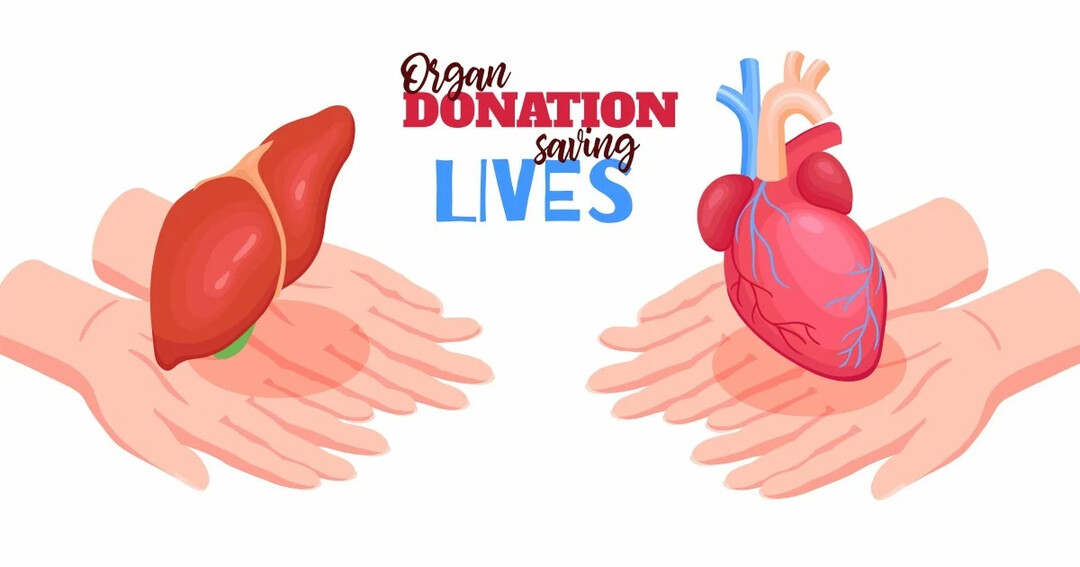
KUALA LUMPUR: Two years ago, Mashita Ramli's life took a devastating turn when her 40-year-old husband, Sipen Mat Nur, unexpectedly fell into a coma and was subsequently declared brain dead. In the face of unimaginable grief, Mashita, 43, made a profoundly selfless decision: she chose to donate her husband's organs, offering a beacon of hope to individuals desperately awaiting life-saving transplants.
Despite knowing little about the intricacies of the organ donation process and the fact that her husband was never a registered donor, Mashita's conviction was unwavering. Her courageous choice resulted in the successful transplantation of Sipen's liver, heart, kidneys, and corneas, holding the potential to transform and even save multiple lives.
"By donating his organs," Mashita reflected, "someone else could have a chance at a better life." Her poignant act underscores the urgent and persistent need for organ donors in Malaysia, a nation where donation rates remain critically low.
While Mashita's decision was ultimately supported by her in-laws, she acknowledged initial hesitation from their side. This highlights a broader cultural and societal challenge surrounding organ donation in Malaysia.
According to the National Transplant Resource Centre, since 1976, a mere 986 deceased donors have contributed to 3,106 organ and tissue donations nationwide. Centre director Mohd Syafiq Ismail Azman emphasized the stark reality: "The organ donation rate in this country is still low compared to other nations." He further pointed to a significant lack of public awareness as a major impediment to increasing donation numbers.
Mashita's story serves as a powerful and deeply moving reminder of the transformative impact organ donation can have, offering a lifeline to those suffering from end-stage organ failure. Her selfless act stands in stark contrast to the low donation rates, prompting a crucial national conversation about the importance of organ donation and the need to address the barriers hindering it.
Further Insights into Malaysia's Organ Donation Landscape:
Low Donation Rate: Malaysia's organ donation rate is significantly lower than in many developed and even some developing nations. This scarcity of organs results in long waiting lists and preventable deaths.
Cultural and Religious Factors: While Islam, the official religion of Malaysia, generally permits organ donation with certain guidelines, cultural sensitivities and misconceptions can contribute to hesitancy among the population. Open dialogue and education are crucial to address these concerns.
Lack of Awareness: A significant portion of the Malaysian public lacks comprehensive understanding about brain death, the organ donation process, and its potential to save lives. Increased public awareness campaigns are vital to dispel myths and encourage registration as organ donors.
Opt-in System: Malaysia operates on an "opt-in" system, meaning individuals must explicitly register as organ donors. Unlike "opt-out" systems where consent is presumed unless stated otherwise, opt-in systems often result in lower donation rates.
Government Initiatives: The Malaysian government has undertaken efforts to promote organ donation through public awareness campaigns and by facilitating the registration process. However, more sustained and impactful initiatives are needed to significantly increase donor numbers.
Waiting Lists: Thousands of Malaysians are currently on waiting lists for life-saving organ transplants, including kidneys, livers, hearts, and lungs. The shortage of available organs tragically means that many patients die while waiting.
The Role of NGOs: Non-governmental organizations (NGOs) play a crucial role in raising awareness, providing support to transplant patients and their families, and advocating for policies that promote organ donation.
Mashita Ramli's courageous act, born from profound loss, shines a light on the critical need to bridge the gap between the demand for and the supply of organs in Malaysia. Her story is a powerful call to action, urging Malaysians to consider the profound gift of life they could potentially offer and to engage in open conversations about organ donation within their families and communities. Overcoming cultural hesitations and increasing public awareness are essential steps towards building a society where more lives can be saved through the selfless act of organ donation.
[Copyright (c) Global Economic Times. All Rights Reserved.]



























